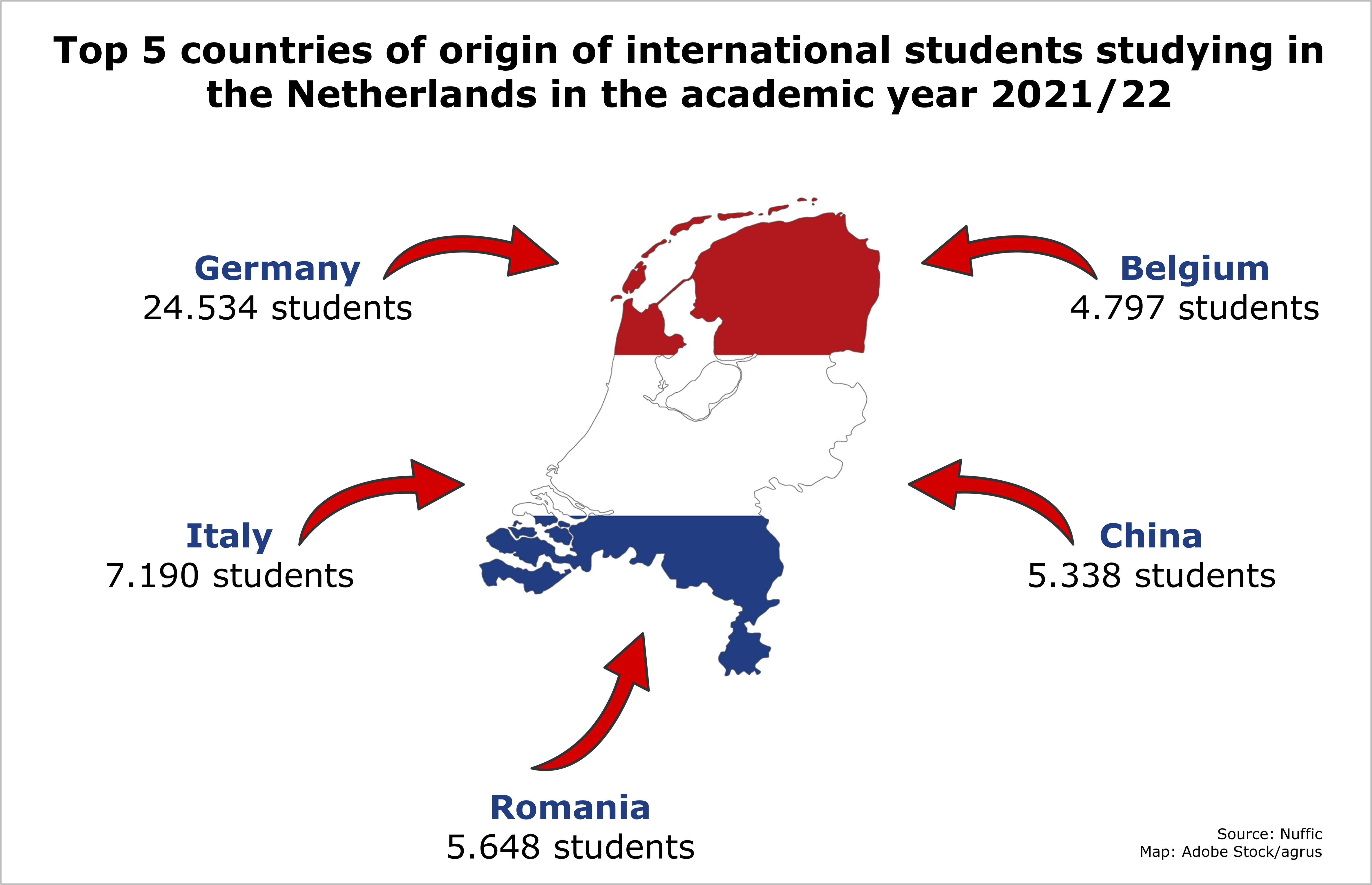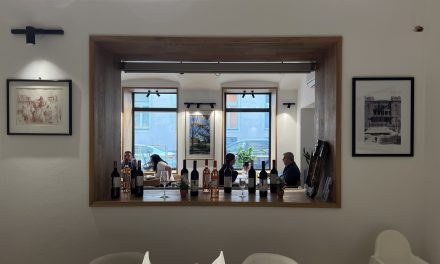Due to its wide range of English programs The Netherlands is one of the most popular countries for exchange students. However, the Dutch Government plans to cap the number of internationals. If this plan will be implemented, not only education will suffer but also cultural exchange.

Focus on the Netherlands: Rik Peelen in the ESN office in Utrecht
Last year, the international exchange program Erasmus+ celebrated its 35th anniversary. Today the large number of international students in the Netherlands is more at risk than ever. The reason: the Dutch government plans to reduce the number of international students to solve the shortage of housing and to protect the Dutch language and education from English-only courses. “I think it’s too easy to blame everything on the international students,” says Rik Peelen, President of ESN The Netherlands, the largest international student association in Europe.
Fact is that the shortage of around 390,000 homes, according to the Atlas for municipalities 2022, has already existed for several years, not just since the number of internationals has increased. Also, 70% of all master’s degrees and more than half of all courses at Dutch universities are taught in English. “I really wonder what that will look like when they turn to Dutch masters,” Peelen doubts. On top, the government’s latest plans conflict with their own goals: according to their homepage, globalization is one of the four priorities of the Netherlands’ cultural policy. Thus, they want to ensure that everyone can experience and enjoy culture.
According to Nuffic, the Dutch organization for internationalization in education, more than 115,000 international students came to the Netherlands in the academic year 2021/22 – most of them from Germany, Italy, and Romania. This number has almost quadrupled since 2006.

Exchange has many advantages as Peelen explains: “You learn how to communicate with other people, you become more open-minded for other cultures, and you step out of your comfort zone.” In addition, the economy also benefits from the cultural exchange. Each exchange student contributes between 5,000 and 94,000 euros to the Dutch economy.
Moreover, cultures without external influences do not exist, as author Bernd Wagner explains in his work “Cultural Globalization”. They are not static and homogeneous but always result from the exchange with other cultures. Consequently, international students and their cultures are necessary for globalization.
For all these reasons, Dutch universities outside of the Randstad region as well as different organizations asked the government not to cap the number of international students. Nevertheless, education minister Robbert Dijkgraaf still wants to publish his restriction plans.




